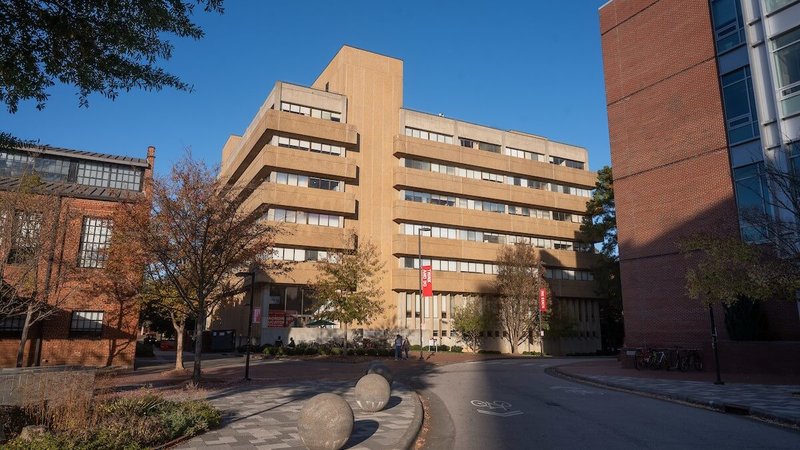North Carolina State University Investigated for Cancer-Causing Toxins in Classrooms
United States North America Higher Education News by Erudera News Apr 05, 2024

An investigation has started into North Carolina State University after more than 150 individuals, including students and staff, were diagnosed with cancers and other illnesses which they say have been caused due to toxins found within Poe Hall, a class building at the university.
People who attended classes at the building report to have been diagnosed with diseases including lymphoma, thyroid, and breast cancers, according to reports. They have now filed a lawsuit against the university, blaming the school for their illnesses, which they believe have resulted from exposure to toxins while attending classes at Poe Hall.
“The university remains committed to doing the right things to ensure this is a safe place to work, learn and live,” said Chancellor of North Carolina State University, Randy Woodson.
Thousands of university’s students held psychology classes at Poe Hall until November 2023 when it was closed due to concerns about high levels of polychlorinated biphenyls (PCBs), which are toxic chemicals, known as probable human carcinogens linked to cancer, Erudera.com reports.
“We anticipate that the building will remain closed through at least the end of 2024, and we are committed to keeping our community updated on our progress and the latest testing results throughout this process. As new information becomes available, it will be shared on this webpage and via email,” the university said in a statement released on a website it had created to inform about investigation into Poe Hall.
PCBs belong to a broad family of man-made chemicals known as chlorinated hydrocarbons. They have no taste or smell and can be found in liquid and solid forms.
This group of chemicals were initially produced in the United States in 1929 until manufacturing ended in 1979 following worries about the harm they can cause to humans and the environment. However, many older facilities that were built when PCBs were in use, may contain them to this day.
Poe Hall was built in 1971 when these chemicals were used in building materials and industrial products.
According to the US Environmental Protection Agency (EPA), PCBs can negatively affect an individual’s nervous, immune, reproductive, and endocrine systems.
Studies say that exposure to PCBs is linked to an increased risk of different types of cancers, including melanoma, liver cancer, biliary tract cancer, gastrointestinal tract cancer, brain cancer, and breast cancer.
Another investigation conducted before the building closed found that PCB levels in five rooms in Poe Hall at NC State University were more than 38 times greater than the Environmental Protection Agency’s (EPA) standards.
Migliaccio & Rathod, a law firm in Washington, is currently investigating the NC State regarding these developments.
Image source: Twitter account of NC State University
Recent Articles
United States
Apr 29, 2024
United States
Apr 28, 2024
France
Apr 26, 2024
United States
Apr 25, 2024
Hong Kong
Apr 25, 2024


